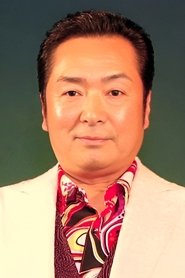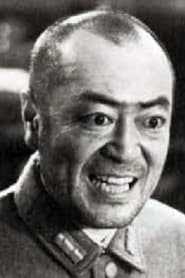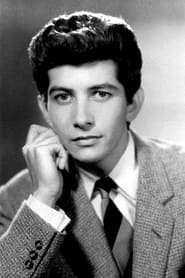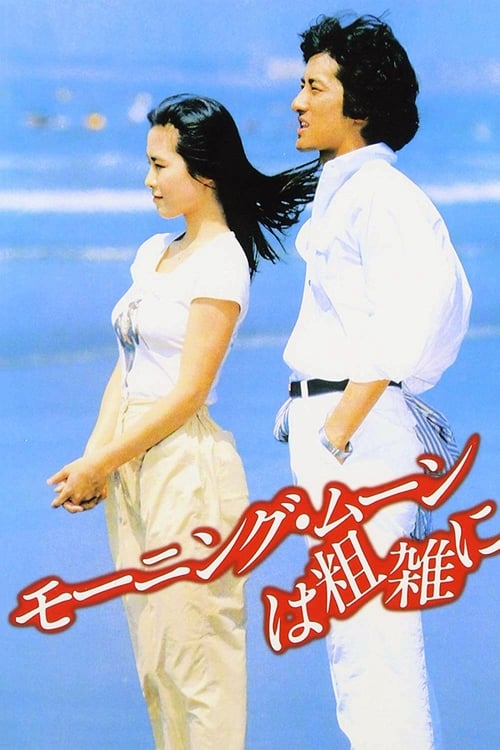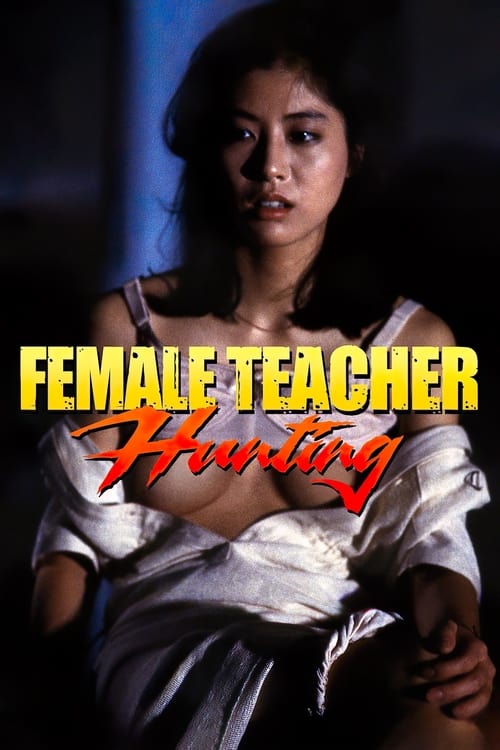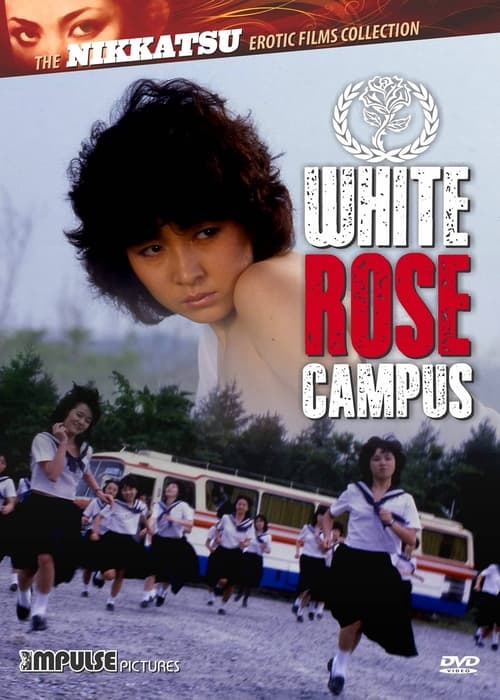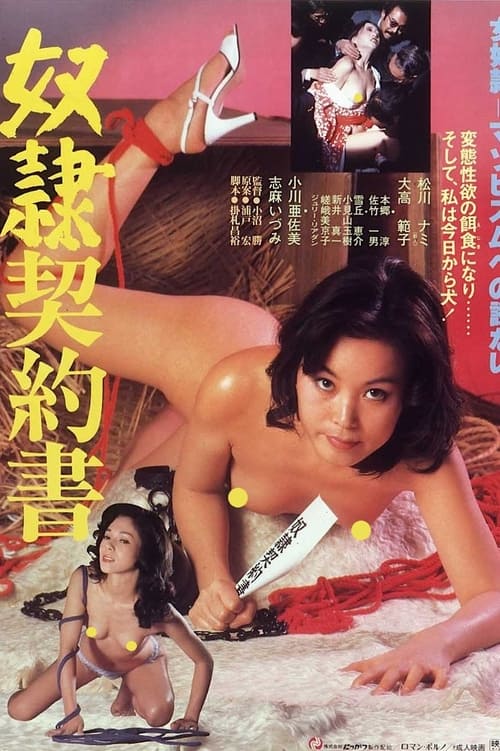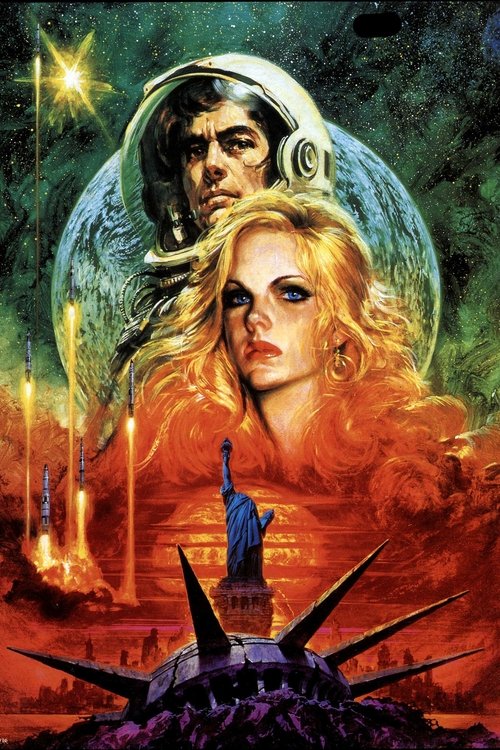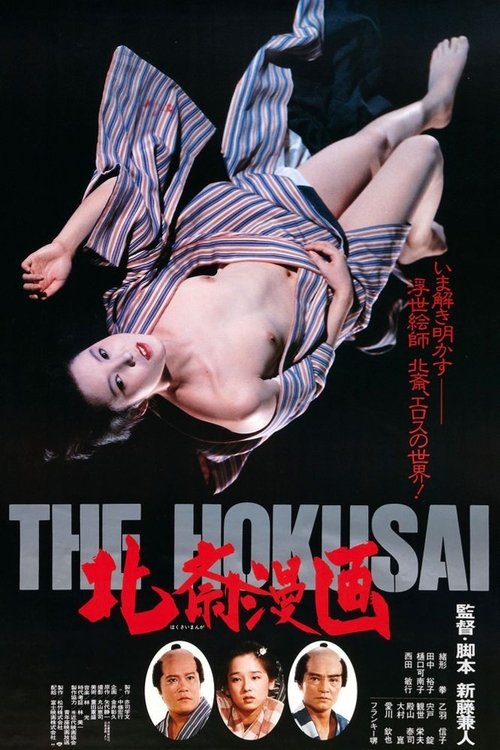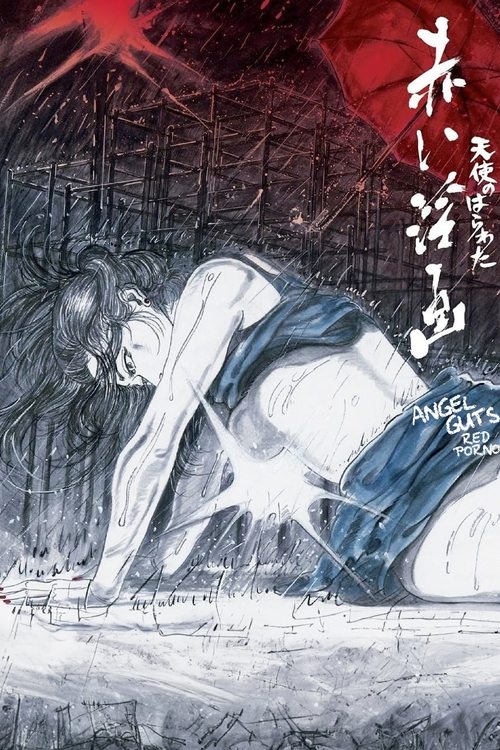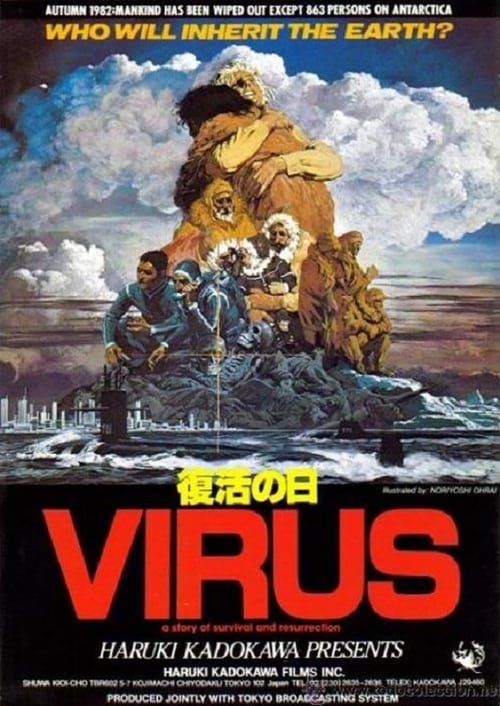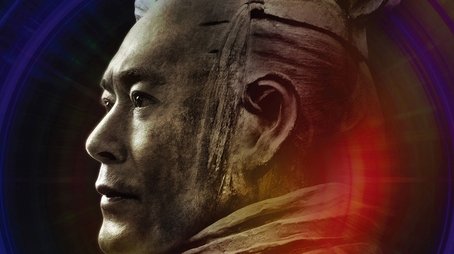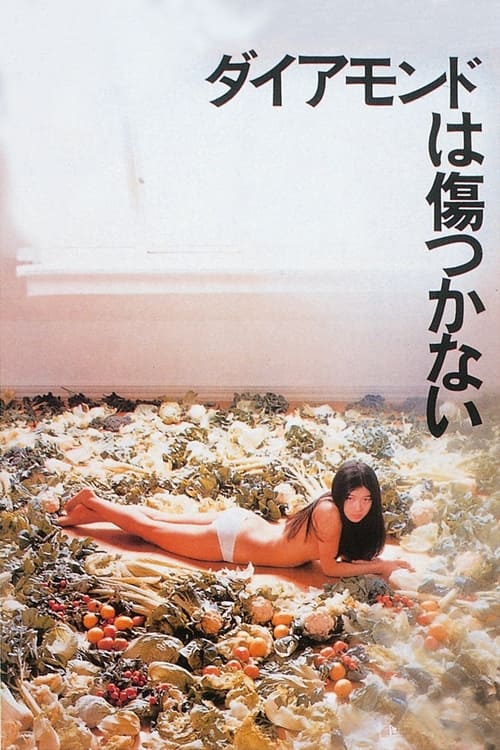
Ask Your Own Question
What is the plot?
The narrative of Tomorrow's Joe 2: The Movie unfolds six months after the tragic accident during the fight between Yabuki Joe and Rikiishi Tōru, an event that left Rikiishi dead and Joe emotionally shattered. The film opens with Joe wandering aimlessly, haunted by guilt over Rikiishi's death. He has left the boxing gym behind, unable to face the memories that linger there. His love interest, Youko Shiraki, owner of the gym where Rikiishi trained, tries to help Joe recover both emotionally and professionally.
As Joe drifts through the city, he spends time in the shantytown district, where he is idolized by the poor and marginalized. This connection to the underprivileged serves as a reminder of his roots and the reasons he began boxing in the first place. Joe's wanderings also bring him into contact with veteran boxers like Wolf Kanagushi and Goromaki Gondo, whose stories and presence reignite a spark within him. However, Joe's journey is marked by petty scams and a hidden cache of money, reflecting his survival instincts and moral ambiguity during this dark period.
Meanwhile, Youko is proactive in seeking ways to reignite Joe's passion for boxing. She recruits Carlos Rivera, a world-ranked boxer from Venezuela, to help Joe overcome his psychological trauma. Rivera's arrival marks a turning point in Joe's journey, as he begins to confront the fears that have held him back. Under Rivera's mentorship, Joe starts to regain his confidence and learn new techniques that help him overcome his reluctance to throw punches to the face--a direct result of his guilt over Rikiishi's death.
As Joe's training progresses, he earns a shot at the national title against Tiger Ozaki, the reigning champion. However, Ozaki exploits Joe's psychological vulnerability, using his knowledge of Joe's habits to his advantage. During the fight, Ozaki's tactics lead Joe's corner to throw in the towel, resulting in a humiliating defeat for Joe. This moment is a low point for Joe, forcing him to confront the reality of his current state and the work he still needs to do to overcome his trauma.
The defeat against Ozaki serves as a catalyst for Joe's true recovery. With Rivera's continued guidance, Joe begins to face his fears and regain his fighting spirit. The training sessions with Rivera become intense and transformative, pushing Joe to confront his past and find a new sense of purpose. As Joe trains, he also reconnects with his roots in the shantytown, where he finds support and motivation among the people who have always believed in him.
The climax of the film centers on Joe's return to form. After his loss to Ozaki and subsequent mentorship under Rivera, Joe gradually regains his confidence. The final act sees Joe returning to the ring for a high-stakes match, though the specific opponent is not detailed in available sources. This bout serves as the ultimate test of his recovery, both physically and mentally.
In the final confrontation, Joe faces his demons head-on, fighting with renewed vigor and determination. His performance demonstrates that he has overcome his psychological block, symbolizing his emotional and professional resurrection. The film concludes with Joe, having reclaimed his place in the boxing world, surrounded by supporters--especially the poor and marginalized who always believed in him. The ending suggests hope and redemption, with Joe's smile and determination signaling a new chapter, free from the shadow of Rikiishi's death.
Throughout the narrative, Joe's journey is marked by confrontations that test his resolve and force him to confront his fears. The only death mentioned is Rikiishi's, which occurred before the events of the film but continues to haunt Joe throughout his journey. The film explores themes of trauma, guilt, and redemption, ultimately concluding on a hopeful note as Joe finds a way to move forward and fight again, not just for himself, but for those who see him as a symbol of resilience.
What is the ending?
In the ending of "Tomorrow's Joe 2: The Movie," Joe Yabuki faces his final match against the formidable opponent, Rikiishi. Despite the intense struggle and the toll it takes on him, Joe fights valiantly but ultimately succumbs to defeat. The film concludes with Joe's spirit and determination shining through, as he reflects on his journey and the sacrifices made along the way.
As the final act unfolds, the atmosphere is charged with anticipation. The scene opens in the dimly lit boxing arena, where the crowd buzzes with excitement. Joe Yabuki, now a seasoned fighter, stands in his corner, his face a mask of determination mixed with the weight of his past. He recalls the struggles he has faced, the friends he has lost, and the relentless pursuit of his dreams. The camera captures the sweat glistening on his brow, a testament to the physical and emotional battles he has endured.
The bell rings, and the match begins. Joe steps forward, his movements a blend of grace and raw power. He exchanges blows with Rikiishi, each punch resonating with the audience. The sound of leather against flesh echoes through the arena, punctuated by the gasps and cheers of the crowd. Joe's internal monologue reveals his thoughts--he fights not just for victory, but for redemption and to honor those who believed in him.
As the rounds progress, Joe's body begins to show signs of wear. He stumbles, his vision blurring, but the fire in his heart refuses to extinguish. Flashbacks of his mentor, Danpei, and his fallen friend, Yoko, flood his mind, fueling his resolve. The emotional weight of their memories propels him forward, even as his physical strength wanes.
In a pivotal moment, Joe lands a powerful punch, momentarily staggering Rikiishi. The crowd erupts, and for a fleeting second, hope ignites in Joe's chest. However, Rikiishi quickly regains his composure, countering with a series of devastating blows that leave Joe reeling. The camera captures Joe's struggle, his face contorted in pain yet filled with an unwavering spirit.
As the final round approaches, Joe's body is battered, and he can barely stand. The referee watches closely, sensing the impending danger. In a climactic exchange, Rikiishi delivers a crushing blow that sends Joe to the canvas. The arena falls silent, the tension palpable as the referee begins the count. Joe's internal battle rages; he fights against the darkness creeping in, determined to rise once more.
With sheer willpower, Joe pushes himself up, defying the odds. The crowd roars in support, chanting his name. But as he stands, it becomes clear that he is at his limit. Rikiishi, sensing victory, charges forward. Joe, with one last ounce of strength, throws a desperate punch, but it falls short. Rikiishi lands a final blow, and Joe collapses to the mat, defeated.
The scene shifts to Joe lying on the canvas, the referee signaling the end of the match. The camera zooms in on Joe's face, a mixture of pain and acceptance. As the crowd erupts in applause, recognizing his valiant effort, Joe's eyes reflect a profound understanding of his journey. He may have lost the fight, but he has gained something far more significant--a sense of peace and closure.
In the aftermath, the film transitions to a quiet moment. Joe is seen in the locker room, surrounded by his friends and supporters. Danpei, with tears in his eyes, embraces Joe, acknowledging his bravery and the heart he displayed in the ring. Yoko's spirit lingers in the air, a reminder of the bonds forged through struggle and sacrifice.
The final scenes depict Joe walking away from the arena, his head held high. He may not have achieved the championship title, but he has fought with honor and integrity. The film closes with a poignant shot of Joe, silhouetted against the setting sun, symbolizing hope and the enduring spirit of a fighter. Each character's fate is intertwined with Joe's journey, reflecting the themes of perseverance, friendship, and the relentless pursuit of one's dreams, even in the face of defeat.
Is there a post-credit scene?
Tomorrow's Joe 2: The Movie, released in 1981, does not feature a post-credit scene. The film concludes its narrative without any additional scenes after the credits roll. The story wraps up with a focus on the emotional and physical struggles of the protagonist, Joe Yabuki, as he faces the culmination of his boxing journey and personal growth. The ending emphasizes the themes of perseverance and the human spirit, leaving the audience with a sense of closure regarding Joe's character arc.
What challenges does Joe face in his boxing career in Tomorrow's Joe 2?
In Tomorrow's Joe 2, Joe Yabuki faces numerous challenges in his boxing career, including intense physical training, the pressure of high-stakes matches, and the emotional toll of his past failures. He struggles with self-doubt and the fear of not living up to the expectations of his coach and fans. The film showcases his journey through these obstacles as he strives to reclaim his position in the boxing world.
How does Joe's relationship with his coach, Danpei, evolve throughout the film?
Joe's relationship with his coach, Danpei, is central to the narrative. Initially, there is tension as Joe grapples with his own insecurities and Danpei's tough love approach. As the story progresses, their bond deepens, with Danpei serving as both a mentor and a father figure. Joe learns to trust Danpei's guidance, which ultimately helps him to grow both as a boxer and as a person.
What role does the character of Rikiishi play in Joe's development?
Rikiishi, Joe's rival, plays a significant role in Joe's development throughout Tomorrow's Joe 2. Their rivalry is not just about competition in the ring; it also represents Joe's internal struggle with his own identity and aspirations. Rikiishi's presence serves as a constant reminder of Joe's past failures and motivates him to push beyond his limits, ultimately leading to a deeper understanding of himself and his goals.
What are the key moments that highlight Joe's internal conflict in the film?
Key moments that highlight Joe's internal conflict include his solitary training sessions where he battles his self-doubt, his emotional breakdown after a loss, and his interactions with Danpei that reveal his vulnerabilities. These scenes are filled with raw emotion, showcasing Joe's fear of failure and his desire for redemption, which drives him to confront his past and strive for greatness.
How does the film depict the theme of perseverance through Joe's journey?
The film depicts the theme of perseverance through Joe's relentless training and determination to overcome obstacles. Key scenes include his grueling workouts, moments of self-reflection, and his gradual transformation as he learns to embrace his struggles. Each setback serves as a catalyst for growth, illustrating how Joe's unwavering spirit and commitment to his dreams ultimately define his character.
Is this family friendly?
"Tomorrow's Joe 2: The Movie," produced in 1981, is a continuation of the story of Joe Yabuki, a young boxer with a troubled past. While the film is celebrated for its emotional depth and character development, it does contain several elements that may not be suitable for younger audiences or sensitive viewers.
-
Violence and Boxing Scenes: The film features intense boxing matches that can be graphic, showcasing the physical toll of the sport. The brutality of the fights may be upsetting for children or those sensitive to violence.
-
Themes of Loss and Grief: Characters experience significant emotional turmoil, including loss and the struggle to cope with grief. These themes are explored deeply and may resonate strongly with viewers, potentially causing distress.
-
Depictions of Addiction: There are references to substance abuse and the impact it has on individuals and their relationships, which may be troubling for younger viewers.
-
Emotional Turmoil: The protagonist, Joe, faces numerous personal challenges, including feelings of despair and hopelessness. His internal struggles are portrayed with raw emotion, which might be heavy for sensitive audiences.
-
Social Issues: The film touches on themes of poverty, abandonment, and the harsh realities of life for those in difficult circumstances, which may be difficult for children to understand.
Overall, while "Tomorrow's Joe 2: The Movie" is a powerful narrative about resilience and redemption, its mature themes and emotional weight may not be appropriate for all viewers, particularly younger children.



